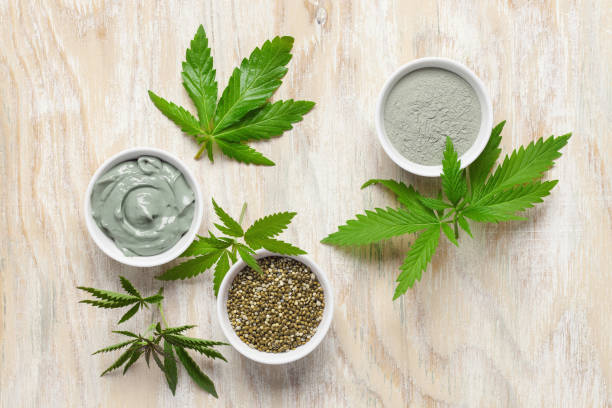The concept of wellness roots in herbal garden healing is based on the age-old tradition of using plants and herbs as natural remedies for various ailments. This practice has been passed down through generations, and despite advances in modern medicine, it continues to hold a significant place in holistic health care.
The use of medicinal plants can be traced back thousands of years to ancient civilizations such as Egypt, China, and India. These societies recognized the inherent healing properties found within nature’s bounty and utilized them to treat a range of conditions from common colds to more severe diseases.
Herbal garden healing is not just about treating physical ailments; it also encompasses mental well-being. Many herbs are known for their calming effects on the mind, helping reduce stress levels or promote better sleep patterns. For example, lavender is widely used for its soothing fragrance that aids relaxation and chamomile tea is often recommended before bedtime due to its sleep-inducing properties.
Moreover, cultivating an herbal garden can itself be a therapeutic exercise. The process of planting seeds or saplings, nurturing them into mature plants and then harvesting their fruits or leaves involves patience and dedication. It connects us with nature at a deeper level which snow caps weed can have profound effects on our psychological well-being.
In recent years there has been an increased focus on sustainable living practices which emphasize reducing waste and making the most out of available resources. Herbal gardens fit perfectly within this framework as they require minimal space – even a small balcony or windowsill can serve as your personal green pharmacy.
However, it’s important to approach herbal garden healing with respect for these powerful plants’ potential effects – both beneficial and adverse. While many herbs are safe for general use when consumed appropriately, others may interact negatively with certain medications or cause allergic reactions in some individuals.
Therefore, it’s always advisable to consult with healthcare professionals before starting any new regimen involving medicinal plants especially if you have pre-existing medical conditions or are currently taking prescribed medication.
In conclusion, the wellness roots of herbal garden healing are deeply entrenched in our history and continue to provide a natural, holistic approach to health care. As we strive for sustainability and self-sufficiency in our modern world, these gardens offer us a way to harness the power of nature for both physical and mental well-being.
Whether it’s growing your own chamomile for calming teas or nurturing an echinacea plant to boost your immune system during flu season, there’s something incredibly empowering about knowing you have the tools at your fingertips – quite literally – to take control of your health. And that’s what makes herbal garden healing such an enduring and cherished tradition.






